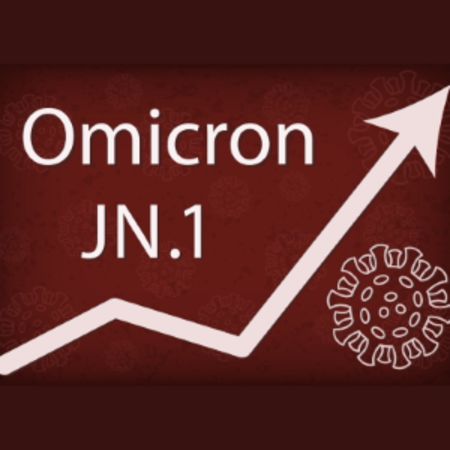The World Health Organization (WHO) has designated the JN.1 variant of COVID as a "variant of interest." Previously categorised within the parent strain BA.2.86, this omicron subvariant has raised concerns among scientists due to its significant number of mutations earlier this year.
The WHO classifies variants into three categories: variants of concern (the highest level), variants of interest, and variants under monitoring. JN.1 has now been added to the list of variants of interest alongside other omicron subvariants like XBB.1.5, XBB.1.16, EG.5, and BA.2.86.
Despite the classification, no evidence suggests that JN.1 leads to more severe illness. Experts are confident that existing tests, vaccines, and treatments remain effective against this variant.
Mandy Cohen, Director of the Centers for Disease Control and Prevention (CDC), emphasised the dynamic nature of the COVID-19 virus. Tests can still detect the recent changes in the virus, existing treatments are still effective, and the current COVID-19 vaccine provides good coverage against these alterations.
The CDC estimates that the JN.1 variant accounts for 21% of new cases in the U.S., with the Northeast experiencing the highest proportion at 32%. The WHO states that the public health risk of JN.1 is low, although countries in winter, like the U.S., may witness an uptick in respiratory infections.
Overall, from initial evidence, it appears that while JN.1 may be spreading more widely, there is no significant evidence suggesting increased severity or substantial public health risk. However, experts caution against complacency, especially during the holidays, when gatherings may contribute to increased transmission. Safety measures should continue to be practiced to reduce the spread of the virus.
Dr Cohen acknowledged that despite fatigue with COVID-19, the virus persists and evolves, and staying vigilant is essential in managing its impact.
Source: ABC News
Image Credit: iStock
























